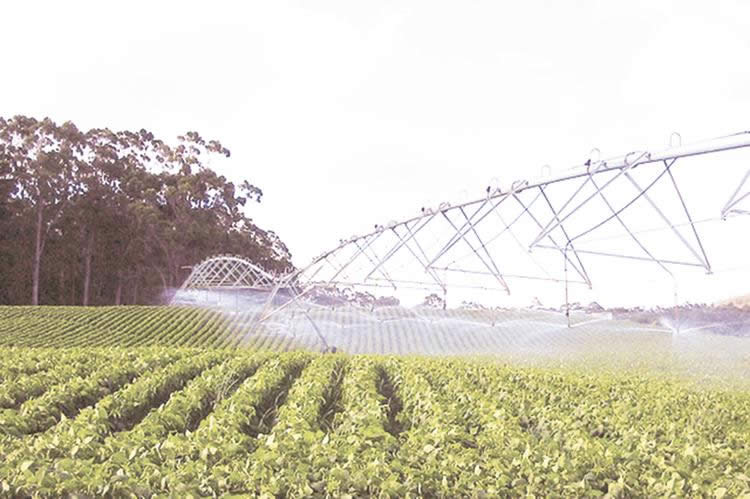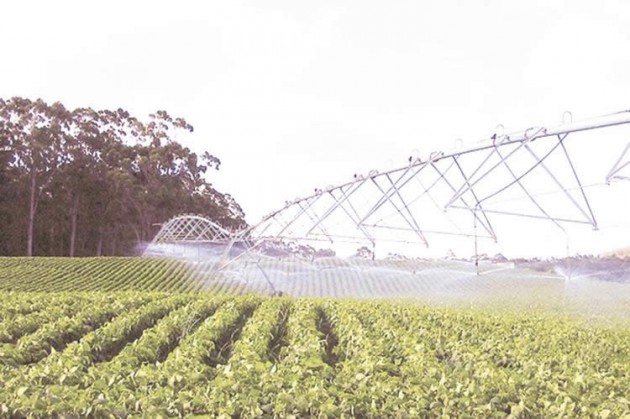EDITORIAL COMMENT: Time to embrace new farming trends

THE call by farmer unions for the ban of genetically modified foods which are much cheaper than local produce shows that we have an urgent challenge that needs to be addressed.
Farmers want Government to protect the local food sector as viability becomes a huge challenge when faced with floods of cheaper imports.
We, however, feel a blanket ban on food imports is not the solution. Given our porous borders, it is conceivable that such a move would result in large-scale smuggling of the banned foodstuffs.
The world over rising food prices are affecting the most vulnerable households. It would be short-sighted for Zimbabwe to effect policies that are likely to push the cost of food beyond the reach of the majority, especially given the impact of the current drought.
It is, therefore, imperative to look for solutions that promote the farmer while ensuring that everyone can afford a balanced diet.
Climate change and other factors like cheaper and more efficient farming methods demand an overhaul of our food production chain. We must ensure surplus local production before we can talk of banning imports.
That means addressing problems currently bedevilling the sector as a matter of urgency. The President over the weekend cited many cases of underutilisation of land as farmers do not have the capacity for full production.
Several programmes to support farmers have been implemented over the years, but there are gaps still to be filled. In many countries across the world, state subsidies for farmers ensure national food security and viability of operations.
We should consider initiating such systems which should be fenced off against abuse by the usual corrupt elements who work hard to derail any programme that is introduced in the national interest.
We also need to look seriously at expanding and improving irrigation schemes to counter erratic rainfall patterns which now affect even areas in Regions one and two which in the past were not affected by droughts.
Farmers must be financially and technically empowered to embrace modern technology like drip irrigation and greenhouses which ensure maximum yields with relatively low water consumption.
In addition, we feel it is time Zimbabweans engaged in a serious debate regarding GMO crop production and yet we import such foodstuffs to feed the nation.
By insisting that no GMO seed should cross our borders except as processed foodstuffs we are simply supporting farmers in other countries and handing over thousands of potential jobs.
Would it not be better to allow local GMO production whose standards we can directly monitor and control instead of the current situation where we are at the mercy of producers in countries whose laws we have no control over?
We are not advocating a wholesale embracing of GMO production. Those against GMO production have very valid points in their favour. For example there is the issue of patenting of seed production and fertilisers, which means that our whole food production process would be at the mercy of people who may be driven by political agendas that are at cross purposes with our own.
It is only by re-looking at the debate that we can find the best way forward for the country. Our research facilities should also be working overtime to bring about innovative approaches to agriculture which are tailor-made for our farmers to produce maximum yields that compare favourably with other countries.
The primary goal should be to ensure national and household food security. So far it appears we are not putting acquired land to best use.










Comments